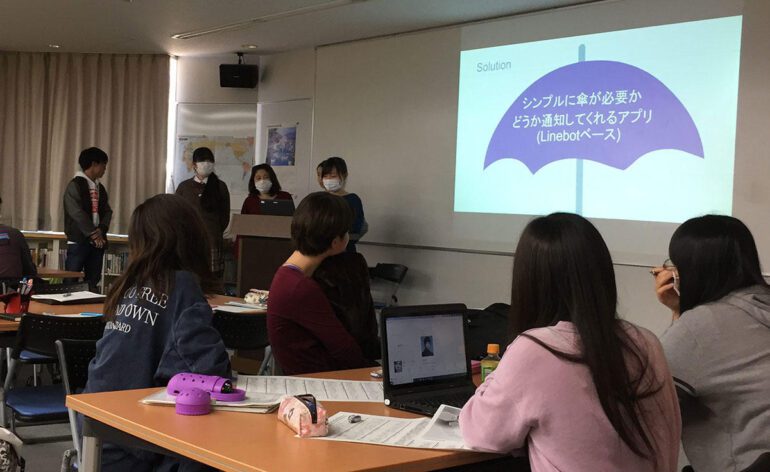TL;DR:
- Benesse, a Japanese education services company, launches an AI-powered service to aid elementary school students in research projects during summer break.
- The AI service provides suggestions and tips for research themes without giving direct answers.
- It adheres to government guidelines, limiting technology use in schools, and requires parental consent for access.
- The service encourages independent thinking, discourages plagiarism, and fosters collaboration between students and parents.
- Benesse aims to cultivate self-reliance and intellectual growth among young scholars through this innovative initiative.
Main AI News:
In a bold move, Benesse, the esteemed Japanese education services company, is set to launch an innovative AI-powered service aimed at assisting elementary school students with their research projects during the summer break. This pioneering service will utilize cutting-edge generative artificial intelligence, providing invaluable suggestions and tips to aid students in their quest to explore research themes and compile their findings. Through a recent press release, Benesse unveiled its ambitious endeavor, intending to revolutionize the educational landscape.
This novel AI service will be readily accessible to parents through the company’s website, and its primary objective is to encourage independent learning while fostering critical thinking among young scholars. Instead of merely offering direct answers, the AI will gently nudge curious minds in the right direction. For instance, if a student inquires, “How can I study the biology of dinosaurs?” the AI might wisely propose, “How about delving into their dietary habits?” This way, students receive guidance without being handed the solutions on a silver platter.
Committed to adhering to educational guidelines, the service is tailored to align with government regulations, allowing limited use of technology within school premises. Notably, it will not generate entire book reports upon request, but rather, it will impart invaluable advice on how to craft a compelling report. This feature ensures that students genuinely engage with their academic tasks, honing their skills while gaining a deeper understanding of the subjects they study.
The Benesse AI service is designed to foster collaboration between students, parents, and guardians, forging a seamless learning experience. However, to ensure privacy and responsible usage, parental consent via email will be a prerequisite for accessing the platform. Striking a balance between technological advancement and ethical considerations, the service is set to launch on July 25, extending its support until September 11.
It is worth noting that this groundbreaking initiative comes in the wake of cautious guidelines issued by the education ministry in early July, highlighting the need for prudent use of AI technology by elementary school students. Plagiarism, in any form, is unequivocally discouraged, emphasizing the importance of originality and independent thinking.
To cultivate a culture of self-reliance, the AI service imposes limitations on the number of questions a student can ask per day. Additionally, information provided by one student will not be shared to answer queries from others. This approach empowers each young scholar to think critically and arrive at their conclusions independently, fostering a sense of responsibility and intellectual growth.
During a trial event held in Tokyo earlier this month, fifth-grade student Ko Takachiho shared his experience while consulting with his mother and engaging with the AI. Though the response may not have met his initial expectations, he expressed a keen interest in utilizing the service. “I’m not sure if it’d really help me with my research project, but I’d like to make the best use of it,” Ko stated, exemplifying the spirit of exploration and determination that Benesse seeks to instill in every student.
Notably, the development of this visionary AI service was made possible through collaboration with Microsoft, leveraging their state-of-the-art generative AI technology. Benesse, renowned for its correspondence education materials, remains committed to advancing educational support and will explore further possibilities to enrich the learning journey for young minds in the future.
Conclusion:
Benesse’s introduction of an AI-powered service to support young students in their research endeavors signifies a significant step towards fostering independent thinking and responsible technology usage in the education market. By empowering students to explore research themes and compile findings with guidance but not direct answers, the company strikes a balance between technological advancement and ethical considerations. This initiative may set a precedent for other educational service providers, driving further innovations and emphasizing the importance of critical thinking and collaboration in the academic landscape.

